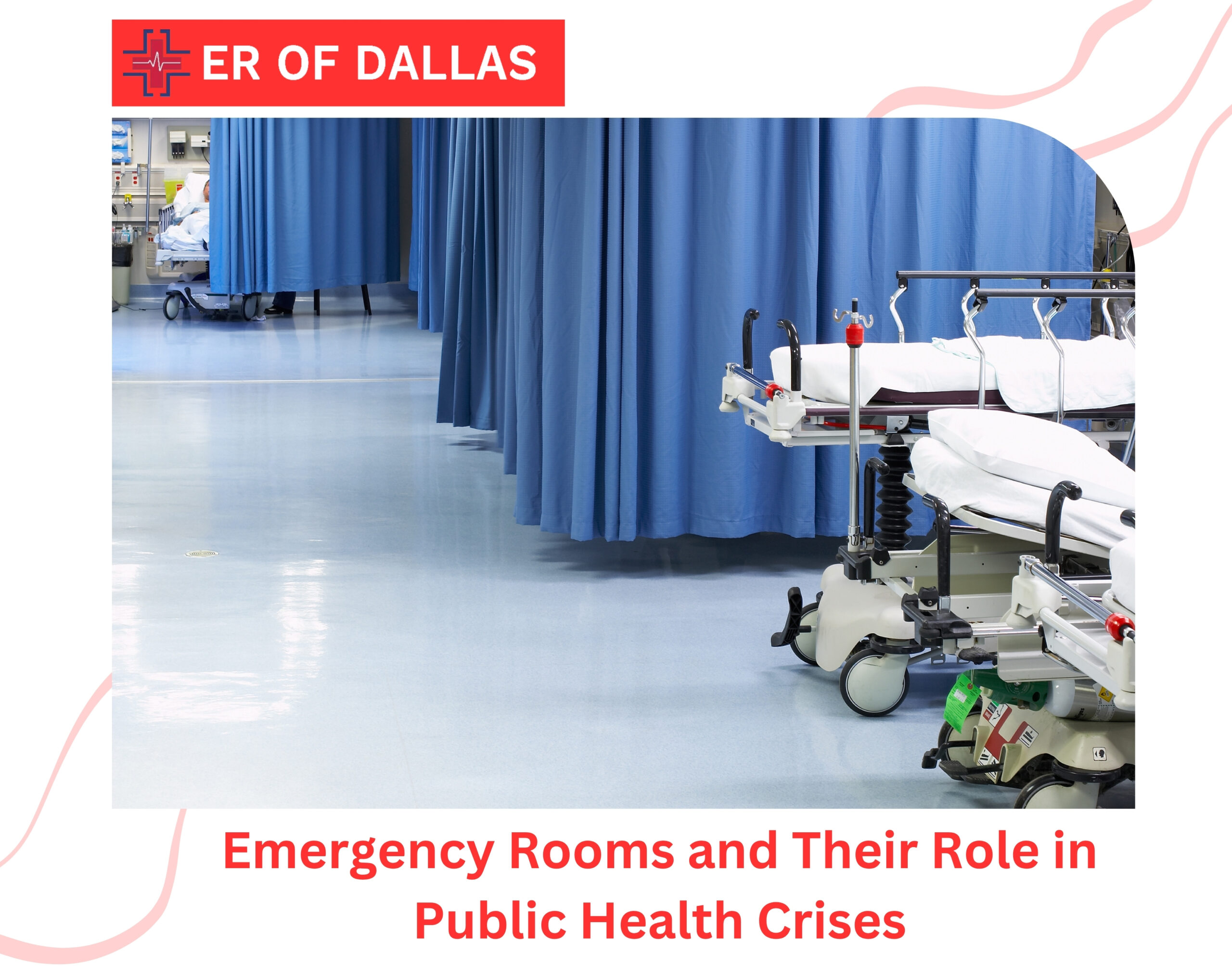When winter’s chill sets in, many find themselves struggling with each breath. The cold air can leave your chest tight and your lungs working overtime. For those with respiratory conditions like asthma, COPD, or bronchitis, this discomfort can often turn a brisk walk into a battle against wheezing.
But winter doesn’t have to leave you gasping. Understanding how cold weather affects your breathing is the first step to finding relief. From simple breathing exercises to smart strategies for preventing shortness of breath, there are numerous ways to protect your respiratory health in cold weather.
Whether you’re dealing with muscle pain when breathing or simply want to breathe easier, these insights will help you face the cold weather with confidence.
8 Tips to Breathe Easier in Cold Weather
As winter approaches, protecting your respiratory health becomes crucial. Here are 8 strategies to help you maintain comfortable breathing when temperatures plummet.
1. Cover Your Nose and Mouth
Shielding your airways from frigid air is your first line of defense against breathing difficulties in cold weather. A mask or scarf acts as a natural humidifier that can warm and moisturize the air before it reaches your lungs.
This approach can benefit individuals with existing respiratory problems like asthma or those who experience chest muscle strain or pulled pectoral muscle pain in cold weather.
2. Stay Hydrated
Cold weather may not make you feel as thirsty as warmer months, but staying hydrated is crucial for respiratory health. Drinking enough water helps thin the mucus in your airways, making it easier to breathe. Well-hydrated mucus membrane can effectively filter irritants, reducing the risk of intercostal respiration issues.
3. Use a Humidifier
Indoor heating systems can significantly reduce the humidity in your home, leading to dry air that can irritate your airways. Using a humidifier adds moisture to the air, preventing your airways from drying out and reducing the risk of breathing muscle pain. Aim to maintain indoor humidity levels between 30% and 50% for optimal comfort.
4. Avoid Sudden Temperature Changes
Abrupt shifts from warm interiors to colder environments can shock your respiratory system. Ease this transition by layering clothing and gradually acclimating to temperature changes. Similarly, when entering a warm building after being outside, allow your body a moment to adjust before removing layers.
This gradual approach helps prevent the sudden constriction of layers that can lead to intercostal muscles breathing discomfort or pain in muscles between ribs used for breathing.
5. Perform Breathing Exercises
Breathing exercises for cold weather are an excellent way to enhance lung capacity and manage breathing issues. One such exercise is pursed-lip breathing, which involves inhaling slowly through the nose and exhaling through tightly pursed lips. This method helps keep your airways open longer, reducing the work of breathing.
Another exercise is diaphragmatic breathing, which focuses on engaging the diaphragm rather than the chest muscles, leading to more efficient breathing.
Pursed-Lip Breathing:
- Inhale through your nose for 2 seconds.
- Pucker your lips as if you’re blowing out a candle.
- Exhale slowly through pursed lips for 4 seconds.
Diaphragmatic Breathing:
- Place one hand on your chest and the other on your abdomen.
- Breathe in deeply through your nose, ensuring your stomach rises more than your chest.
- Exhale slowly through pursed lips, feeling your stomach fall as you breathe out.
Regular practice of these exercises improves lung function and helps you breathe more easily during winter.
6. Dress in Warm Layers
Keeping your body warm reduces the strain on your respiratory system. Layer your clothing and wear insulated outerwear to protect yourself from the cold. Ensuring your chest and throat are well covered can prevent the cold air from reaching your lungs too quickly.
7. Avoid Outdoor Exercise in Cold Air
Engaging in strenuous activities such as running or cycling in cold weather can exacerbate breathing difficulties in cold weather. The cold, dry air can cause your airways to constrict, leading to shortness of breath. If you need to exercise, consider doing so indoors, where the air is warmer and more humid.
8. Limit Exposure to Triggers
Cold weather is often accompanied by additional respiratory irritants, such as smoke from wood-burning fireplaces, vehicle exhaust, and airborne allergens. Try to limit your exposure to these triggers as they can further exacerbate breathing issues in winter.
Preventing Shortness of Breath in Cold Weather
Preventing shortness of breath during winter starts with proactive measures. Following these steps can help you breathe easier and reduce the chances of respiratory discomfort:
- Warm-Up Indoors: Before heading out in the cold, do some light stretches or exercises indoors to get your blood flowing and warm up your body.
- Control Your Breathing: Practice controlled breathing techniques before venturing into cold air. Keeping your breathing steady and slow helps maintain calm and reduces the risk of hyperventilation.
- Medicate if Necessary: If you have asthma or another respiratory condition, ensure you carry your inhaler or prescribed medication with you. Preventative medication can be used before going outdoors to prevent bronchoconstriction.
- Regular Checkups: Visiting your healthcare provider regularly during the winter can help you monitor your respiratory health and make adjustments to your treatment plan if necessary.
Respiratory Health in Cold Weather
Protecting your respiratory health in cold weather goes beyond avoiding outdoor activities. It’s important to ensure a healthy environment both inside and outside your home. Here are a few additional strategies:
- Maintain a Healthy Diet
Eating a diet rich in vitamins and antioxidants can support your immune system and improve lung function. Vitamin C, found in citrus fruits, and omega-3 fatty acids, found in fish, are known to support respiratory health.
- Get Regular Exercise
While outdoor exercise may not be ideal during the winter, staying active indoors can keep your lungs healthy. Regular aerobic exercises, such as walking, swimming, or cycling on a stationary bike, can improve your lung capacity and help manage breathing issues in winter.
- Manage Stress
Cold weather can trigger stress, which in turn may lead to shallow, rapid breathing. Practices such as meditation, yoga, and deep breathing exercises can help manage stress and improve your respiratory health.
- Stay Up-to-Date with Vaccines
Winter is also flu season, and viral infections like the flu or respiratory syncytial virus (RSV) can exacerbate breathing problems. Getting vaccinated against the flu and other seasonal respiratory illnesses can reduce the risk of infection and its impact on your lungs.
Breathing issues in winter can be a significant concern, especially for those with underlying respiratory conditions. However, with the right precautions—such as staying warm, hydrated, and practicing breathing exercises for cold weather—you can reduce discomfort and protect your lung health throughout the winter.
If you experience persistent or severe symptoms, it’s essential to seek professional medical care. Our 24 hour ER in Dallas stands ready with advanced diagnostic capabilities, including influenza diagnostic test, rapid strep test, and comprehensive respiratory assessments. Call us at +1 214-613-6694 or visit us directly to alleviate your respiratory health concerns.
Manage Your Respiratory Health Concerns
FAQs
How to Improve Breathing in Cold Weather?
To improve breathing in cold weather, cover your nose and mouth to warm the air and stay hydrated to keep airways moist.
How Does the Cold Affect Your Body?
Cold weather constricts blood vessels, reducing blood flow and making it harder to breathe. It also tightens muscles, increasing the risk of respiratory issues and stiffness.
What Can I Drink to Help Shortness of Breath?
Warm drinks like herbal teas or hot water with honey can soothe airways, while staying hydrated with water or electrolyte drinks helps maintain proper lung function.













